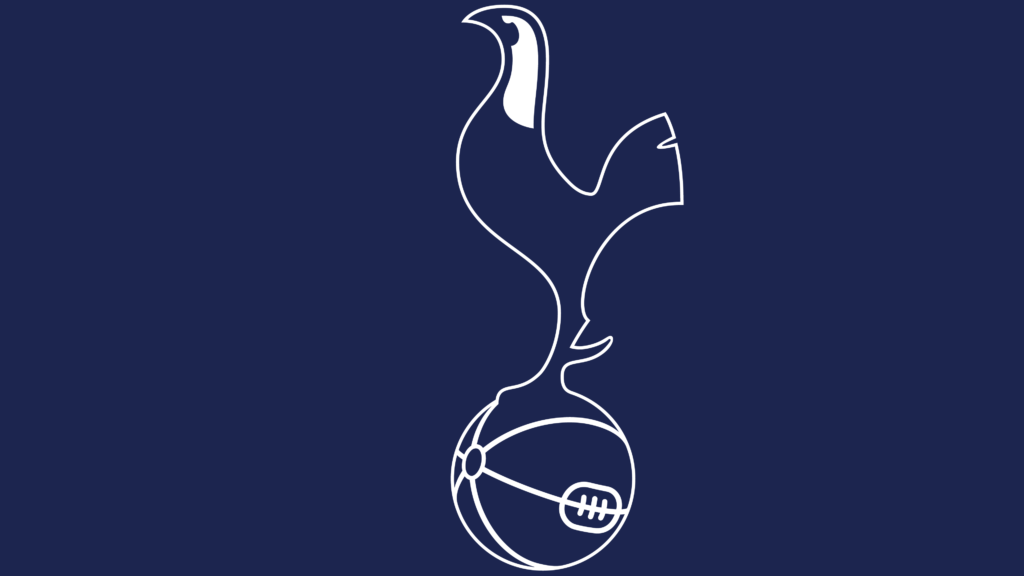In order to assist major British organisations and bridge cashflow issues in light of the coronavirus pandemic, the government has created the Covid Corporate Finance Facility (CCFF). Tottenham Hotspur has applied to this programme, and it’s been approved for a £175 million facility that will help manage short-term revenue disruptions. Importantly, this application and the acceptance of funds doesn’t indicate a material impact in the football club’s long-term financial stability or outlook.
What is the CCFF Programme?
The CCFF programme is a new and temporary programme that assists major private organisations which make a major contribution to Britain’s economy. The assistance that the programme provides specifically helps manage cash flow issues that organisations are experiencing at this time as a result of the coronavirus pandemic.
In order to participate in the programme, organisations must demonstrate that they were in a good financial position prior to the outbreak’s start. For objectivity and simplicity, this is done by showing that an organisation had an investment-grade rating on March 1 of this year. In a few cases, organisations might not have an actual rating but the equivalent of one.
Why Did Tottenham Apply to the CCFF?
Tottenham applied to the CCFF to secure the exact type of assistance that the programme provides.
The club has seen multiple non-football events cancelled, and the cancellation of these events will result in decreased revenue during the coming months. As of the time of writing, two major concerts, two major ruby matches, two professional American football matches and one boxing match have all been cancelled. Other events may also be cancelled depending on how the coronavirus pandemic continues.
With potential crowds of 60,000-plus and numerous revenues through ticket, concession and retail sales, the revenue losses from these cancellations are significant. They aren’t so great that the club can’t overcome them, but the club must take such losses into account when deciding how to proceed through this pandemic.
In light of these and possible future losses, the club determined that applying to the CCFF programme was the most prudent and wise course of action. The short-term loans will not compromise the club’s long-term outlook, and the loans will ensure that the club has the flexibility and additional working capital to navigate this time. Not only will the club be able to meet its immediate obligations, but it’ll have more freedom to pursue whatever future courses of action may be most advisable.
Importantly, the decision to apply for a facility wasn’t made lightly or without advisement. HSBC, which underwrote a sizeable portion fo the stadium’s construction and has a vested interest in Tottenham’s financial viability, recommended submitting an application. Also, these funds aren’t free money provided by the government but are standard short-term commercial paper loans that will be paid back.
Does the CCFF Application Reflect Tottenham’s Long-Term Financial Position?
Seeking assistance to maintain more flexibility in the short term doesn’t impact Tottenham’s long-term financial position.
The club has taken on additional debt, and that debt has been taken on in a year when the debt load was already increased due to stadium construction costs. Even combined, however, the total debt load remains extremely manageable given the club’s long-term revenue projections and the terms of the loans. The loans carry fairly standard interest rates, but they have different maturities that range from 10 to 30 years. The club’s total debt amounts to £637 million.
Additionally, both non-football and football operations remain strong in future years.
The club continues to hold a contract with the National Football League to host a pair of NFL games each year, and numerous other third-party events will continue to be booked at the stadium. After all, this is the best stadium in the Premier League and one of the finest entertainment and sports venues in all of England.
Many of these opportunities have been brought about by the club’s rise from mid-table Premier League competitor to perennial top-tier competitor that’s regularly in the Champions League. This turnaround on the football pitch has been brought about largely by Daniel Levy, who’s been chairman of Tottenham for 19 years and has driven the club forward and delivered state of the art facilities at both the Training Centre and the highly acclaimed multi-purpose stadium opened in April 2019.
What Will Tottenham Use the CCFF Funds For?
The funds secured through the CCFF programme will be as additional working capital. None of the loans will be applied to player acquisitions.
What Does Tottenham Expect for the Future?
Tottenham looks forward to both football and financial success when the coronavirus pandemic subsides. Until that time, the club will continue to make the most grounded financial decisions it can in order to navigate these unprecedented times.



